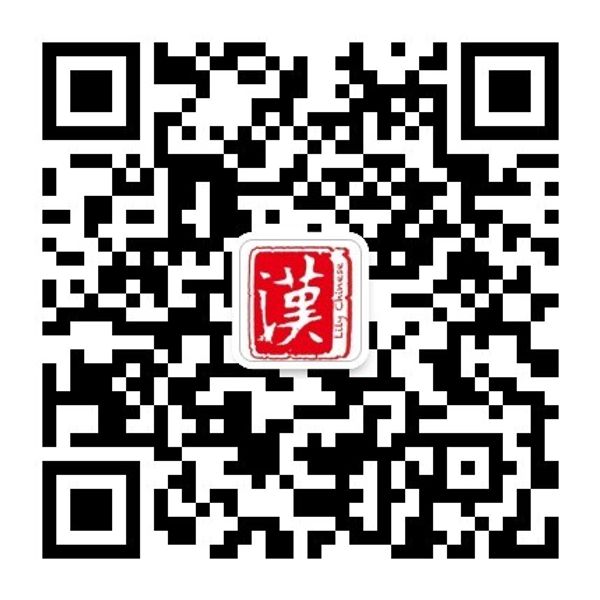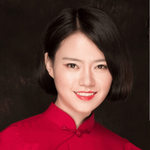10 Essential Phrases for Tourists in China
Tourists in China usually speak Chinese for three things: being cordial, buying something, and asking directions. So here are 10 essential expressions that will allow you do these essential things.

1) How are you?
Chinese: Nǐ hǎo ma? (Nee-haoww-mah?) 你好吗
Wèi (/way/ 喂), mostly used on the 'phone, is the closest Chinese to "hello" or "hi " Nowadays most Chinese speakers know the English word "hello" and might use it even when meeting Chinese people. It has become an English loanword in the Chinese language, written 哈啰, and pronounced hāluo (haa-lwor), so it may sound odd when Chinese-speakers try to say "hello".
"Nǐ hǎo ma?" literally means "You good?" (nǐ = you, hǎo = good, ma = ?). Similar to "How are you?", it can mean "Are you ok?"
"Nǐhǎo" is said frequently. It might mean "Nǐ hǎo ma?", but it typically means something like 'It's you — good." or "Nice to see you." It's the most basic and standard Chinese greeting.
2) Good or bad?
Chinese: Hǎobùhǎo? (haoww-boo-haoww) 好不好?
Hǎo means 'good'. Hǎo also means "ok".
Bùhǎo means 'not good'. ("Bu" means 'no' or 'not'.) Chinese speakers use "hǎo" and "buhao" to say something is good or bad, and to signal agreement or disagreement.
Combining "hǎo" and "bùhǎo" gives "Hǎobùhǎo?", which is a question. It means 'Good or not good?' or 'Is it ok?' After this or "Nǐ hǎo ma?" you can reply "hǎo" or "bùhǎo".
3) Thank you
Chinese: Xièxie. (sshyeah-sshyeah) 谢 谢
This is the basic and simple way to say thank you.
4) I'm sorry.
Chinese: Duìbuqǐ. (dway-boo-chee) 对不起
This phrase can be used both to apologize and to ask for repetition. It literally means "I didn't begin correctly." or "You're right, that isn't upright."
"Duì" means 'correct'. It is often repeated two or three times to indicate agreement (Duì duì duì).
5) Asking What Something Is
Chinese: Zhè shì shénme? (Jer shrr shnn-muh?) 这是什么?
Here is a good way to both indicate your interest in an item and to learn a lot of new words.
The three important words are: Zhè (this), shì (is), and shénme (what). Combined with pointing, "Zhè shì shénme?" can be used to find out what things are called.
Shì (all forms of the verb "to be") is also used to mean "yes", like "duì" and "hǎo", and can also be combined with bù for "it's not" (bùshì).
6) Do you have …?
Chinese: Yǒuméiyǒu …? (Yoh-may-yoh ...?) 有没有 …?
Yǒu means 'have', and méiyǒu means "to not have". The word méi means lack. So the phrase "yǒuméiyǒu …" literally means "have or not have …?"
e.g.
Chinese: 有没有叉子?
English: Do you have fork?
7) How much money?
Chinese: Duōshao qián? 多少钱 (Dwor-sshaoww chyen?)
The phrase "duōshao?" is composed of the words duō (much) and shǎo (few), and means "how much?" or "how many?" Qián means 'money'.
8) Where is ...?
Chinese: ... zài nǎlǐ? (... dzeye naa-lee?) …在哪里
The three words are: zài (on or in), nǎ (where or which), and lǐ (inside or very roughly the word "place"). Put the name of the place or object you want to find before zài nǎlǐ.
e.g.
Chinese: 火车站在哪里?
English: Where is the train station?
9) I want to go to ...
Chinese: Wǒ xiǎng qù... (Wor sshyang chyoo …) 我想去 …
The three words are: wǒ (I), xiǎng (want), and qù (to go). Then add the name of the place. This is useful for buying train tickets, taking a taxi, etc.
e.g.
Chinese: 我想去机场.
English: I want to go to the airport.
10) Rest-room.
Chinese: Cèsuǒ. (tser-swor) 厕所
As in English, there are several words and phrases used to mean bathroom. The most common word for public toilets, or a room with a toilet in, is "cèsuǒ." "Cè" means 'toilet'. "Suǒ" means 'place'.
e.g.
Chinese: 我想去厕所, or 厕所在哪里?
English: I want to go to the bathroom, or where is the bathroom?

Scan the QRcode follow me on Wechat, Get more information about Chinese learning.
2018年8月13日





